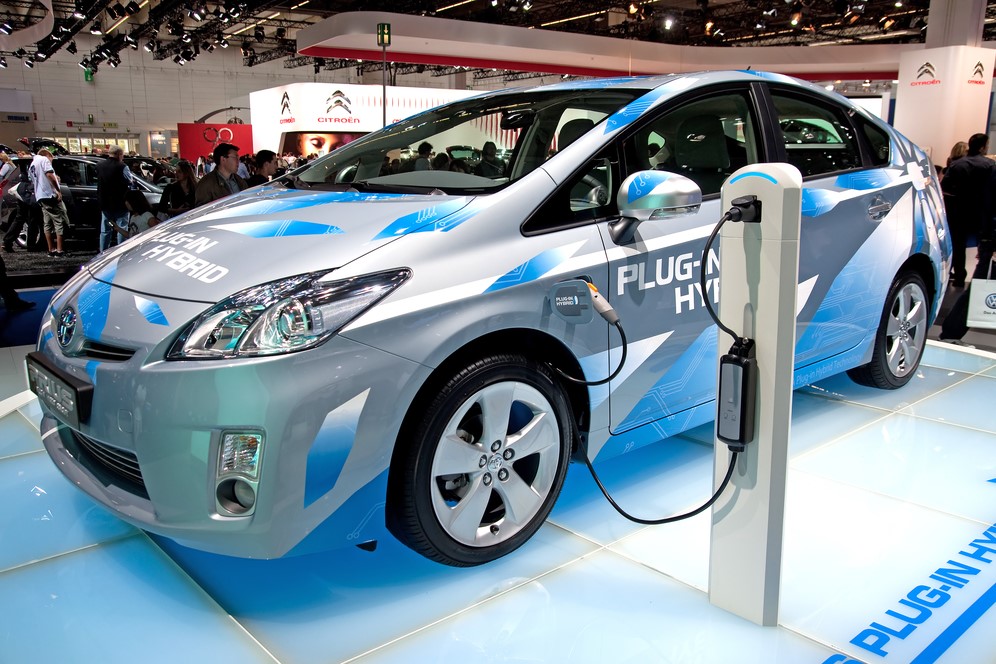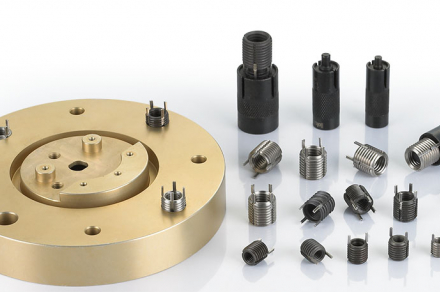News
EV Trend Now Sweeps into Japanese Fastener R&D Market


Add to my favorite
2021-11-26
Poised to take over Tesla, the newcomer Lucid emerged as a surprise and topped the market with its title for creating a battery of 520 mileage. The EV trend is sweeping the Japanese components manufacturers like a tsunami and it doesn't exclude fastener-related companies.
The white-hot EV market has forced a change in Japanese fasteners. While a fuel vehicle uses 30,000 components, an EV only requires half of the total amount. To reduce power consumption, EVs must be lightweight to reduce vehicle weight, which means manufacturers must use lightweight resin instead of iron as the material for automotive components.
The same lightweight requirement goes for fasteners. Each 0.5 grams saved on a single screw will reduce over 1 kilogram for an EV's total weight. Currently there are some Japanese fastener manufacturers who have developed aluminum screws weighing one-third of iron screws. With nearly the same contractibility as resin when exposed to heat, aluminum screws work well with resin automotive components. Some Japanese manufacturers have even developed CFRP fasteners. Additionally, some have developed titanium screws for use on EVs that can rebound like a spring and hence are resistant to vibration and loosening, but the problem lies in the cost which is 30 times higher than iron screws as well as the difficulty in processing titanium screws.
Besides screws, screwdrivers will have to be re-designed to drive screws into small electronic components on EVs. EVs require fastening fasteners in a very confined space and therefore a combination of fastening screws with adhesives and thermal welding emerges on the market to prevent screws from loosening.
電動車
日本扣件
鋁螺絲
EV
Japanese fasteners
aluminum screws
扣件
國際展會
惠達雜誌
匯達實業
外銷媒合
廣告刊登
螺絲五金
五金工具
紧固件
台灣扣件展
印度新德里螺絲展
越南河內螺絲展
墨西哥瓜達拉哈拉螺絲展
美國拉斯維加斯螺絲暨機械設備展
波蘭克拉科夫螺絲展
義大利米蘭螺絲展
德國司徒加特螺絲展
wire Dusseldorf
FASTENER FAIR INDIA
FASTENER FAIR VIETNAM
FASTENER FAIR MEXICO
FASTENER POLAND
FASTENER FAIR ITALY
FASTENER FAIR GLOBAL
FASTENER WORLD
READ NEXT

Subscribe







